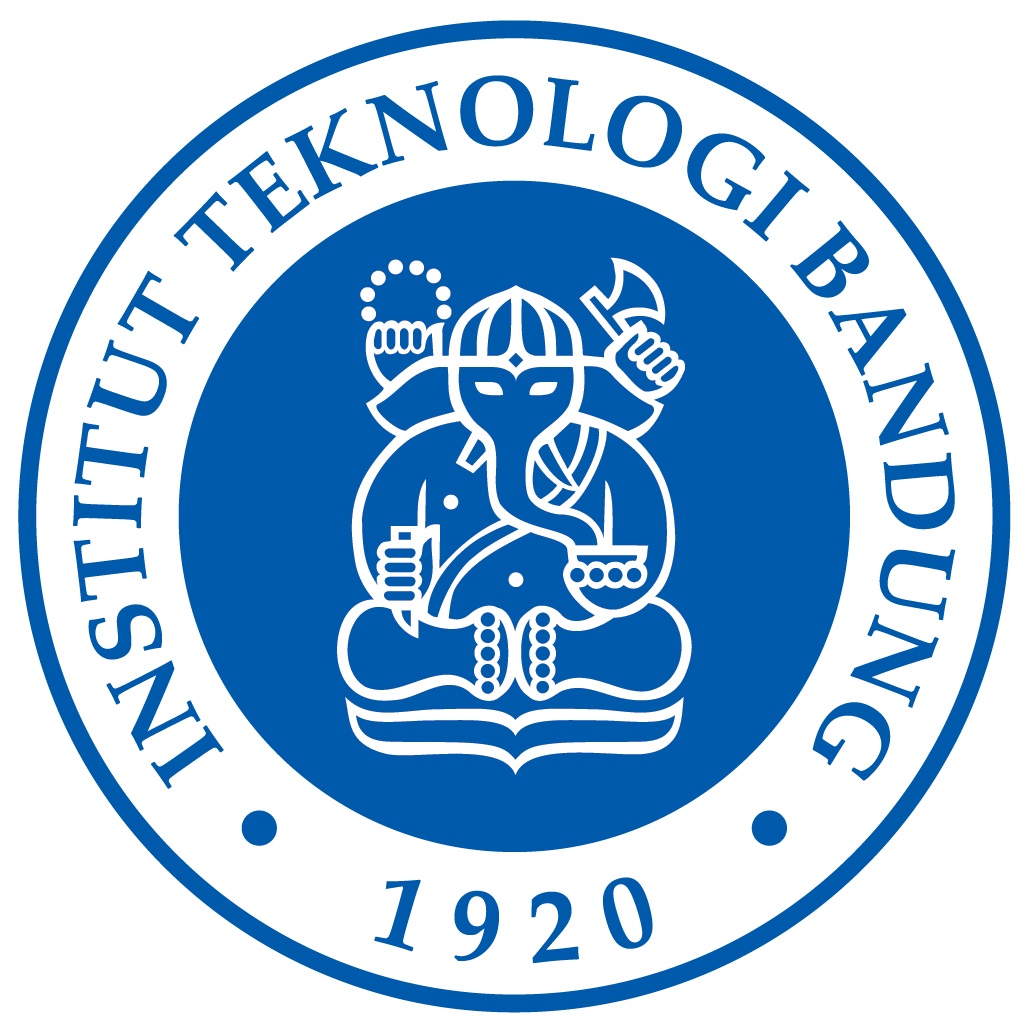

Intan Taufik
Indonesia is a coffee producer country in the fourth largest position with an average production of 639 thousand tons or around 8% of the total world production. Based on data centers and agriculture information systems from the Ministry of Agriculture of the Republic of Indonesia, domestic coffee consumption in 2016 reached around 250 thousand tons with a growth rate of 8.22% per year for the 2016-2021 period. Along with the increasing consumption of domestic coffee in Indonesia, coffee production will also increase. One of the problems that is still faced by Indonesian coffee farmers is the quality of coffee that is less consistent during coffee production and harvest. An erratic environmental condition of one harvest period to harvest is the biggest factor that affects the quality of coffee. In addition, the failure of a postharvest process still often occurs. One effort that can be made to increase the consistency of quality of coffee and accelerate fermentation during the post-coffee is to pay attention to microbiological aspects through control and utilization of microbes. Local microbes with the right use will be very useful in the post-coffee process, including the quality of coffee as long as the postponent will be uniform in each production, the time needed becomes shorter, suppressing the growth of microorganisms that result in damage (spoilage) and the decline in quality, does not depend on the weather, and will also improve the quality of coffee beans produced. This community service activity aims to help improve the postpartum process of coffee, especially for regions in West Java with high coffee production. This activity was carried out through a series of stores of location surveys and sourcing coffee, analysis of various samples of red coffee cherries from various regions in West Java and the manufacture of local microbial starter and coaching and training to coffee farmers to provide knowledge and understanding the postharvest method that is good and correctly appropriate With Good Agricultural Practice (GAP) through online seminars or direct visits to the field. The results of this activity have been implemented by the online seminar attended by around more than 100 coffee farmers around West Java and 15 farmer groups obtained from 8 districts / City in the West Java region are willing to send coffee cherries samples for this program. The sample examination from the farmers was found to be found dominant microbes, with a total of 16 yeast isolates and 23 bacterial isolates. Furthermore, the dominant microbes were produced and formulated to make local microbial starter culture for each region. In addition, there was also a field visit to Mount Halu and Mount Burangrang, West Bandung Regency, and Mount Manglayang in Sumedang District with activities in the form of mini seminars, discussions on coffee processing and demonstrations on the use of local microbial starter culture directly to the farmer groups present. In the future, through this program farmers can apply the local microbial starter and get the coffee results whose quality is better and the relationship between farmers and the team will continue for other community service programs.
Final report
The implementation of webinar activities and field visits from this activity involved many coffee farmers from various regions in Indonesia. The hope, after the implementation of this activity there will be a transfer of science between teams and farmers and between farmers who are present and can increase the knowledge of the community regarding the process of post-harvest coffee, especially coffee fermentation that involves many aspects of microbiology. In addition to the transfer of science, skills related to the process of good and true coffee harvesting can be delivered to the coffee farmer group involved through webinar activities, through post-harvest processing technology procedures for coffee beans that have been distributed to each farmer, and through field visits.